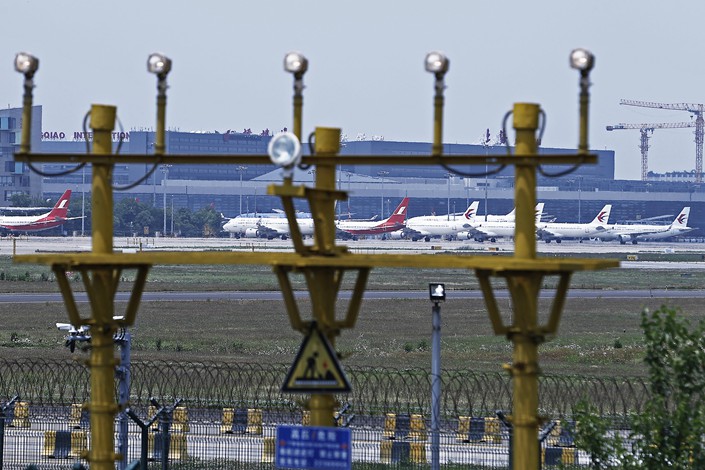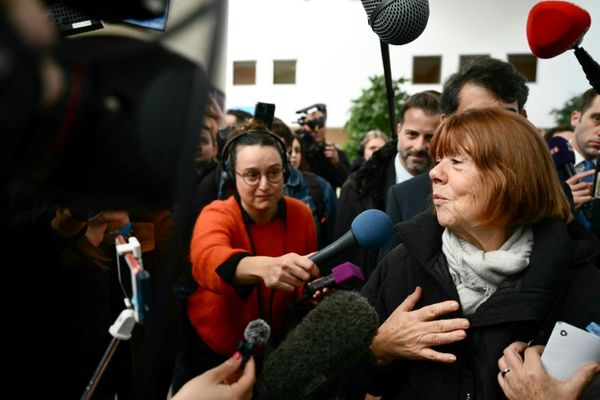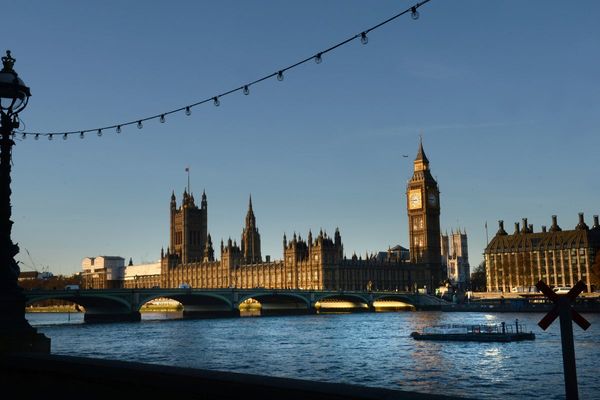
China has begun to hand out subsidies to airlines and consumers buying durable goods such as cars and electronics as policymakers step up support for businesses hit hard by Covid control measures.
It comes after more modest stimulus efforts failed to shore up the economy in the face of strict “zero-Covid” lockdowns that have slowed business activity in many regions to a crawl.
Airlines will receive compensation of as much as 24,000 yuan ($3,564) per flying hour in weeks where they lose money and their average passenger flight is less than 75% full, according to a Thursday statement (link in Chinese) jointly issued by the Ministry of Finance and Civil Aviation Administration of China.
The industrywide subsidy program will be effective as long as the average daily number of domestic passenger flights doesn’t exceed 4,500 in a week, and some other conditions are met.
Local governments are also ramping up subsidies to boost consumer spending. The government of South China metropolis Shenzhen issued a series of measures on Thursday to subsidize purchases of new-energy vehicles (NEVs), electronics, home appliances, and tourism and other services.
Consumers buying an NEV in Shenzhen this year will receive a subsidy of as much as 10,000 yuan, and they will enjoy subsidy equal to a 15% discount on their purchases of certain electronics products such as smartphones and laptops as well as appliances including televisions, according to the official statement. The Shenzhen government expects the measures to drive 45 billion yuan ($6.7 billion) in consumer spending.
China’s economy is facing mounting downward pressure as pandemic measures have slowed economic activity and threatened the survival of businesses in the second quarter.
UBS Group AG has cut its 2022 China GDP growth forecast to 3% from 4.2%, and JPMorgan Chase & Co. has downgraded the forecast to 3.7% from 4.3%.
China’s policymakers have pledged to take stronger measures to shore up the economy and support the businesses hit by lockdowns, including subsidizing consumer spending, offering tax relief for businesses, and deferring loan repayments for small companies and households.
Since April, local governments began offering billions of yuan worth of coupons or vouchers to boost consumer spending, but the effect appears to have been limited, as retail sales nationwide plunged 11.1% year-on-year last month, a deeper contraction than the 3.5% drop in March.
Contact reporter Guo Yingzhe (yingzheguo@caixin.com) and editor Flynn Murphy (michaelbellart@caixin.com)
Get our weekly free Must-Read newsletter.







